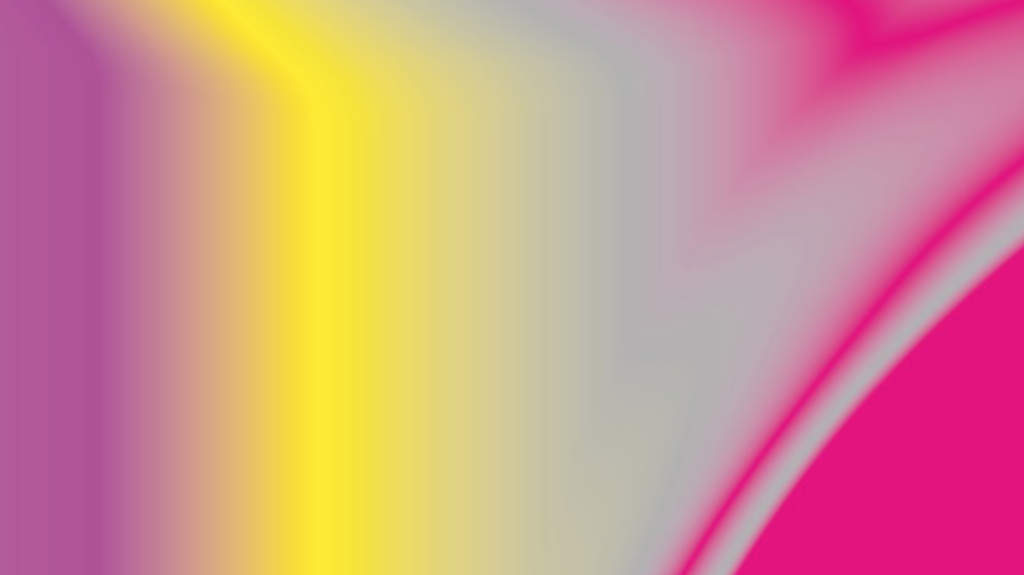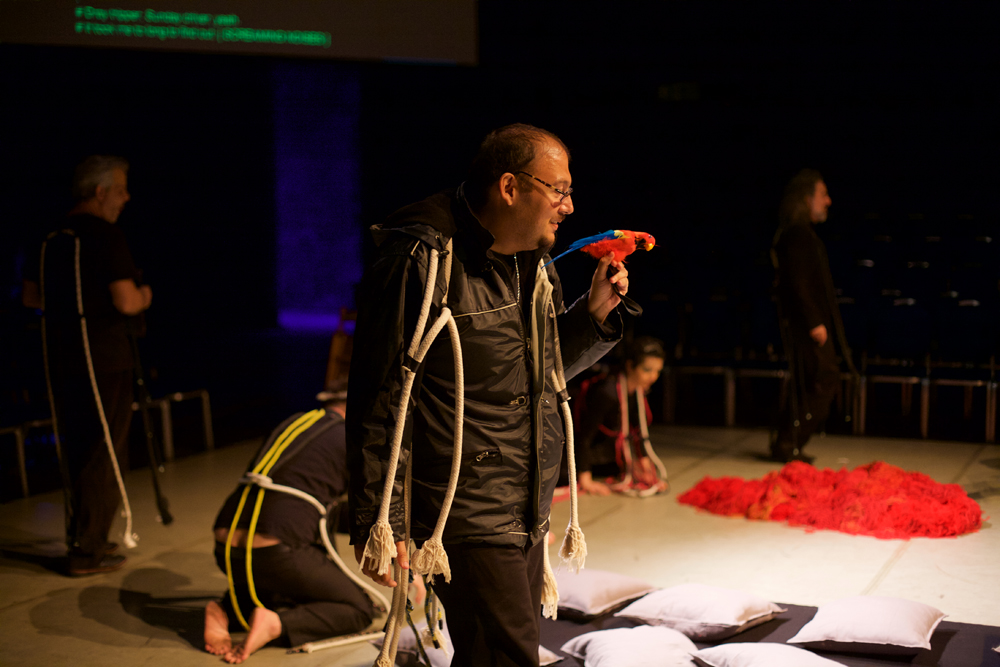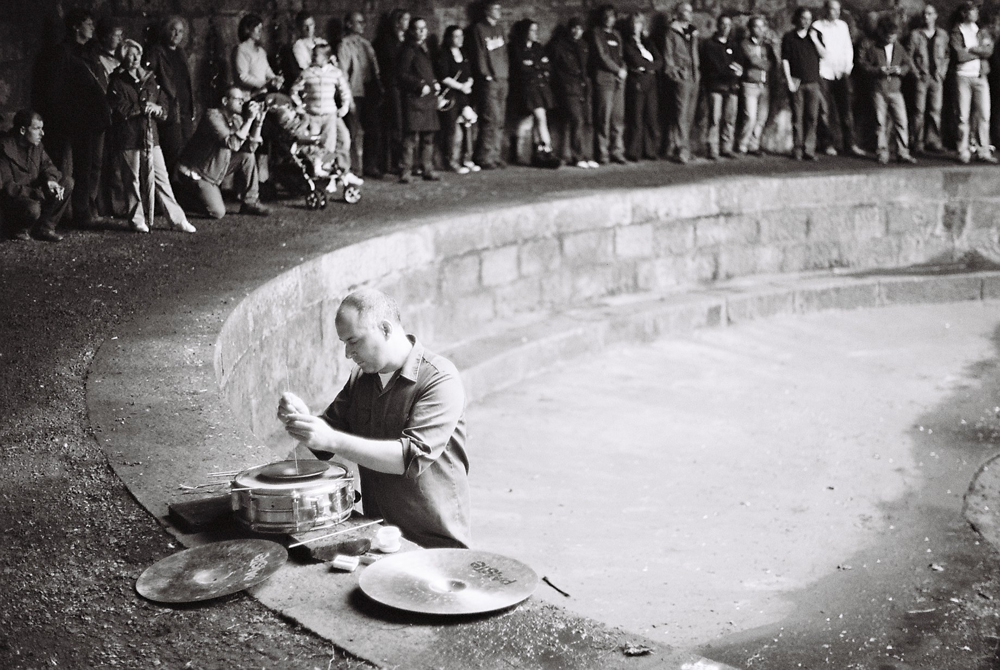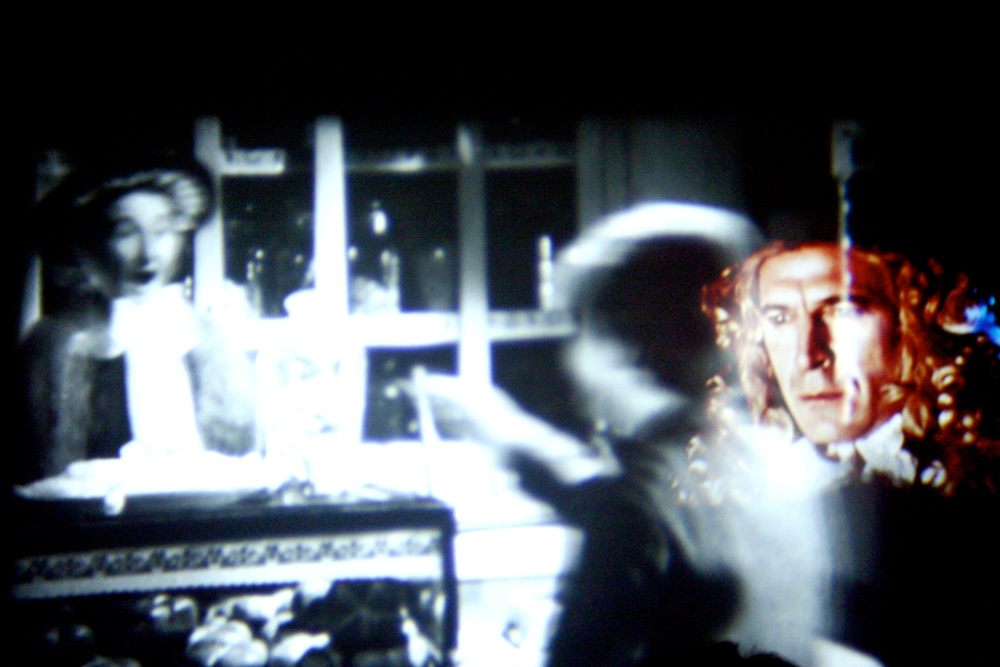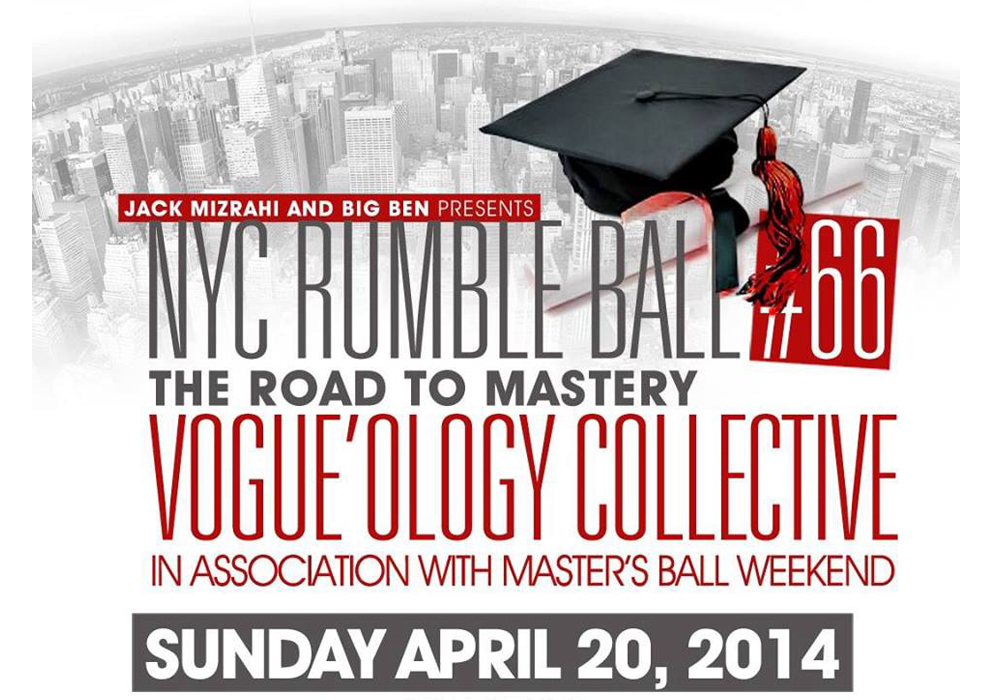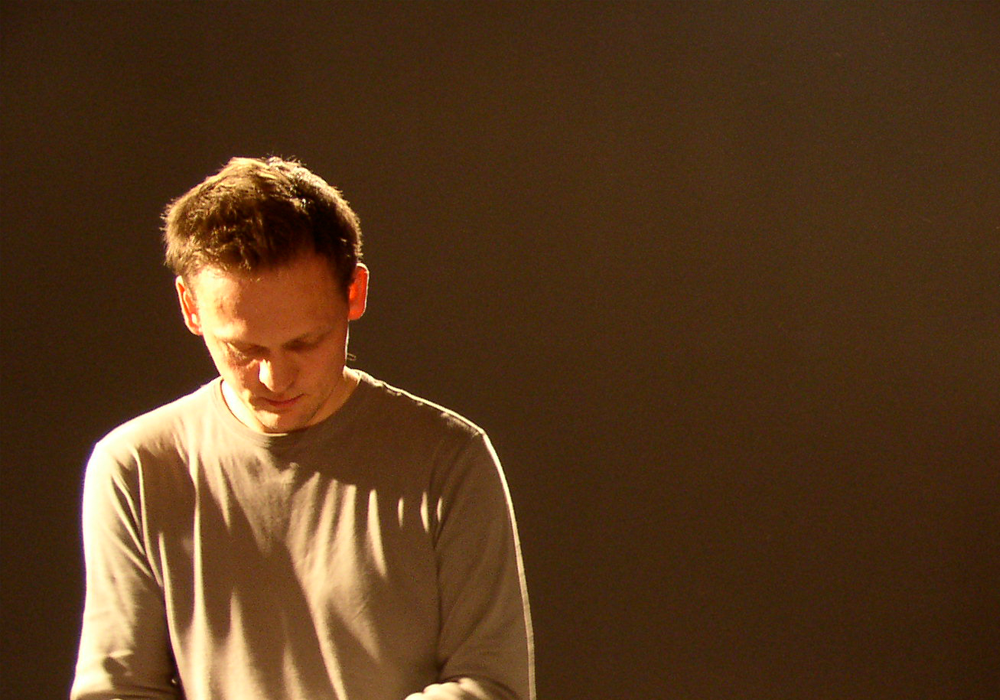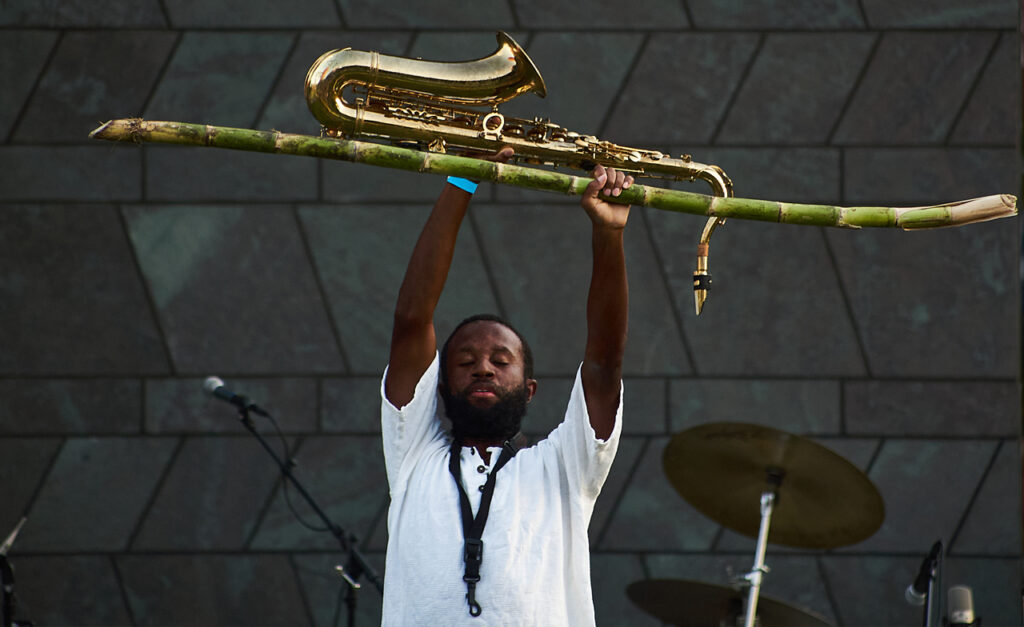
Performance in the spirit and celebration of Aster of Ceremonies
JJJJJerome Ellis
Ellis’s processional, precessional cessation and continuation of movement and music comes to us via his forthcoming release Aster of Ceremonies (Milkweed Editions, 2023)




